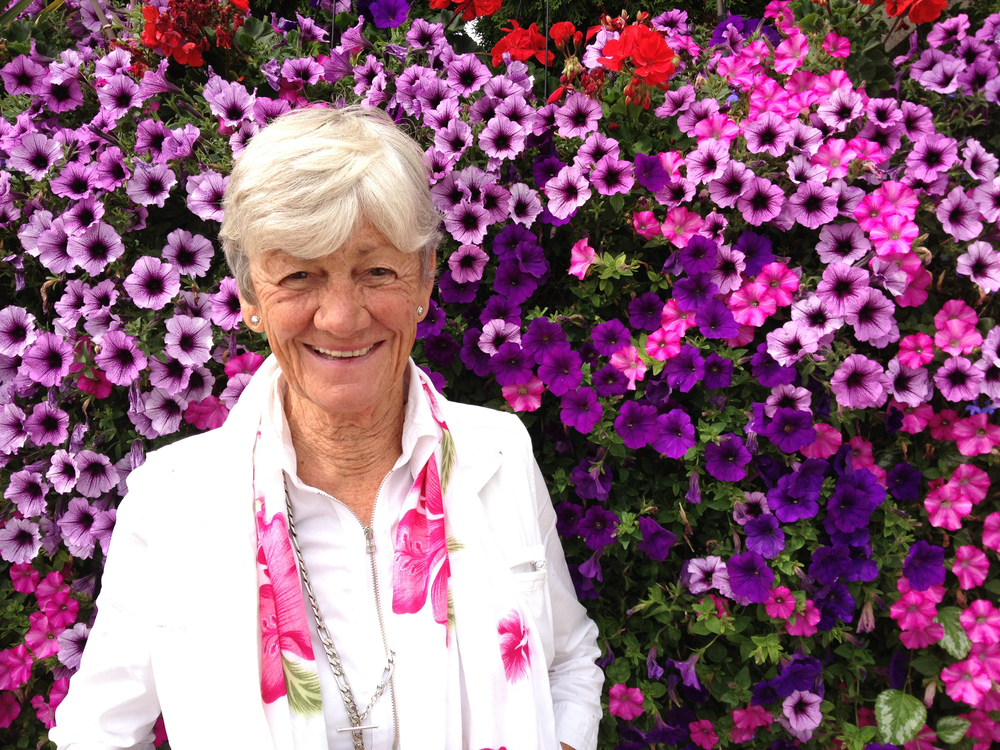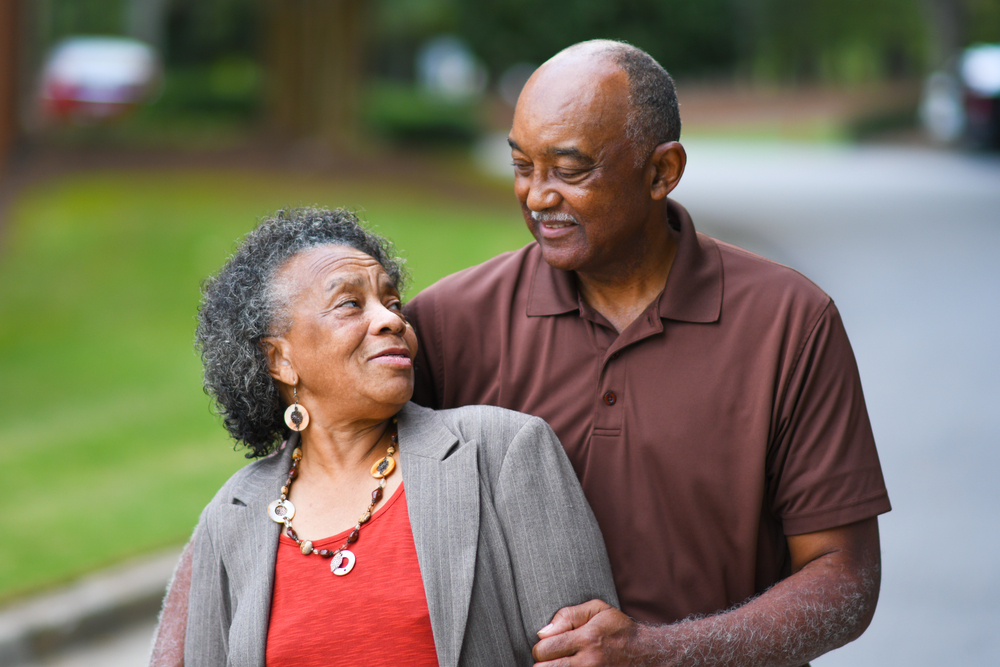Life Stages: Old Age
Life expectancy in the UK is 79 for men and 82 for women. The rapid improvement in life expectancy in the last century has led to more and more people living beyond their 70s. Life expectancies across the developing world are rising due to advances in medicine and therapies that delay the physical process of aging. However, longer lives have meant that people require more assistance in their old age.
Despite developments in medicine, the lives of many elderly are fraught with health problems, and many of them have to depend on others to fulfill their normal daily activities. Special care is also sought by many of the elderly in cases of debilitating illness such as arthritis, dementia, or Alzheimer’s.
According to projections, one in three women and one in five men will need support and care in old age. Family members and spouses aged between 45 to 64 form an important care group, and currently over a third of these are looking after a parent. Moreover, one in five is providing care for a relative, friend, or neighbor. State care is available only to those whose income and savings are very low.
Life After 60
The image of the modern elderly in Britain is a far cry from the helpless figures of the past. Today, the elderly lead independent lives and pursue their careers for as long as possible. They keep abreast with technological changes and are adept and avid users of advanced technologies such as mobile phones and computers.
According to a survey, internet usage is high among retired Britons, with many endorsing it as one of their favorite pastimes, relegating the traditionally popular pastime of do-it-yourself activities and gardening to second place in the popularity list. Over a third of retired people considered themselves regular Internet shoppers. Hobbies are popular among the elderly and traveling and walking are common activities.
Most elderly women in the UK pursue some sort of career, full- or part-time, or are involved in a variety of activities. Most elderly women go for a night out on a regular basis, and half of those surveyed admitted that they were on the lookout for a romantic relationship. Elderly males also had similar lifestyles and are seen by their grandchildren as fun companions who can be confided in.
Many “third-age" Britons pursue educational courses, a trend that began in the 1960s. In fact, a university offers special courses for pensioners, and surveys suggest that there are more than 600,000 learners over the age of 60 in England alone.
Grandparents in the UK are central to the family unit. Many grandparents live alone or in retirement homes. Among the Welsh, grandparents generally play an important role in tutoring their grandchildren, while Scottish grandparents offer financial support to their children or grandchildren.
With more and more mothers working and the cost of childcare escalating, nearly three-quarters of grandparents are involved in their grandchildren’s upbringing. Since they are relatively free from the responsibilities and stress of parenting, grandparents are in a position to spend quality time with their grandchildren and seem to enjoy grandparenting more than they did parenting. According to estimates, grandparents spend an average of 16 hours a week providing childcare.
Caring for the Elderly
Traditionally, women played the roles of caregivers in the family, but increased participation of women in the labor force has greatly affected their contribution to informal care. In some cases, families are geographically fragmented to accommodate their careers, and most of the elderly are left to fend for themselves or forced to move into a private or state-owned institution.
Social services suggest special equipment to make life easier (e.g., grab rails) and/or help in the form of assistants to help the elderly get washed and dressed, home visits from the community nurse, or a place at a day center. Some equipment and services for the elderly such as bathroom aids, home help, delivered meals, and assistance for bathing or dressing are provided free of cost or at a nominal cost by the local government, but home helpers, caregivers, and care homes come at an exorbitant cost and many elderly Britons are forced to sell their homes to foot the bill. On average, nursing homes charge around $700 USD a week and at-home care charges about US$18 an hour.
Copyright © 1993—2024 World Trade Press. All rights reserved.

 United Kingdom
United Kingdom 

